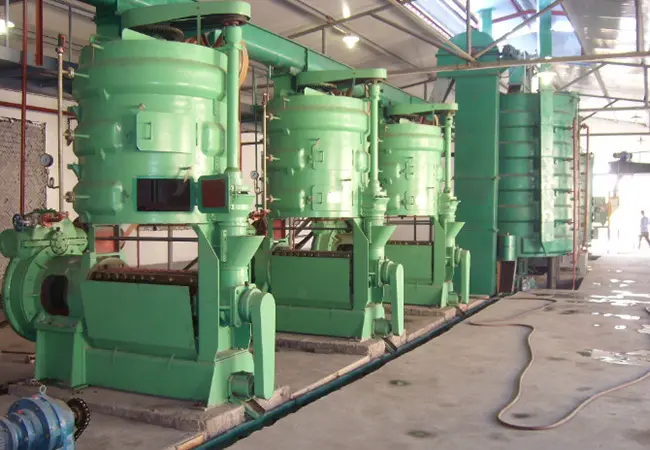تشرینی دووەم . 15, 2024 21:02 Back to list
best vegetable oil production line
The Best Vegetable Oil Production Line A Comprehensive Overview
The demand for vegetable oil has surged over the past few decades, driven by population growth, increased health awareness, and the rise of plant-based diets. As a result, businesses in the food processing industry are continually looking to optimize their operations to meet this growing demand. A well-structured vegetable oil production line is essential for manufacturers seeking to ensure efficiency, quality, and sustainability in their oil extraction processes.
Understanding the Vegetable Oil Production Process
The production of vegetable oil involves several key stages, each critical to achieving high-quality output. The primary steps in the production line consist of
1. Raw Material Preparation The process begins with the selection and preparation of raw materials, which typically include oilseeds such as soybeans, sunflower seeds, canola, and palm fruit. The seeds must be cleaned to remove impurities, and then they are subjected to processes like dehulling and grinding to enhance oil yield.
2. Oil Extraction There are two main methods for oil extraction mechanical pressing and solvent extraction. Mechanical pressing involves crushing the seeds in a hydraulic or screw press, while solvent extraction uses a chemical solvent to separate the oil from the seed. The choice between these methods often depends on the type of seeds used and the desired oil yield.
3. Oil Refining Crude oil extracted from seeds usually contains impurities, which must be removed to improve the quality of the final product. Refining typically involves degumming, neutralization, bleaching, and deodorization. Each of these processes helps to eliminate unwanted flavors, colors, and odors, resulting in a high-quality, palatable cooking oil.
4. Packaging Once refined, the oil is cooled and can be packaged in various sizes, from small consumer bottles to large industrial containers. Effective packaging not only preserves the oil quality but also plays a critical role in marketing and distribution.
Key Considerations for an Efficient Production Line
best vegetable oil production line

For a vegetable oil production line to be efficient, several factors should be considered
- Automation Implementing automated machinery can significantly enhance the efficiency of the production process. Automated systems can handle various tasks, from seed preparation to oil extraction and refining, reducing labor costs and minimizing human error.
- Quality Control Regular quality control checks are essential throughout the production line. This includes monitoring the quality of raw materials, evaluating the oil extraction process, and conducting tests on the final product. Robust quality control measures help ensure that the oil meets industry standards and consumer expectations.
- Sustainability With increasing concerns over environmental impact, adopting sustainable practices within the production line is crucial. This can include using energy-efficient machinery, recycling waste products from the oil extraction process, and sourcing raw materials from sustainable farms.
- Research and Development Continuous innovation in production technology is vital. Investing in research and development can lead to improved extraction methods, better refining techniques, and the introduction of new vegetable oil products that cater to changing consumer preferences.
The Future of Vegetable Oil Production
As the market for vegetable oil continues to expand, manufacturers must remain agile and responsive to trends. Plant-based oils are increasingly being used in various sectors, including food, cosmetics, and biofuels. This diversification opens new avenues for growth but also presents challenges related to sourcing raw materials and ensuring consistent quality.
In conclusion, establishing the best vegetable oil production line involves a deep understanding of the production process, a commitment to quality, and a forward-looking approach to sustainability and innovation. By optimizing each stage of the production line and maintaining a focus on consumer needs, businesses can thrive in this competitive market, ultimately contributing to a healthier diet and a more sustainable world.
-
High-Efficiency Soybean Oil Press Machine – Leading Exporters & Reliable Companies
NewsJul.07,2025
-
High-Efficiency Seed to Oil Extractor – Reliable Extraction Machinery for Your Business
NewsJul.07,2025
-
High-Quality Pressing Screw of Oil Expeller for Efficient Oil Extraction Leading Exporters & Manufacturers
NewsJul.06,2025
-
High-Efficiency Essential Oil Extraction Machine Trusted Exporters & Companies
NewsJul.06,2025
-
High-Efficiency Neem Seed Oil Mill Machine – Reliable Exporters & Top Companies
NewsJul.06,2025
-
High-Efficiency Food Oil Refined Machine Supplier – Leading Exporters & Trusted Companies
NewsJul.05,2025
